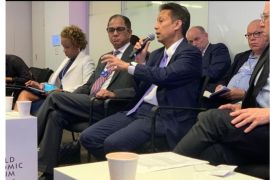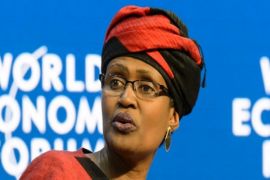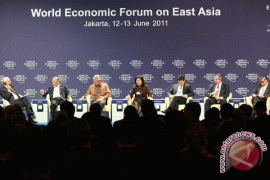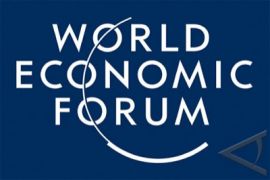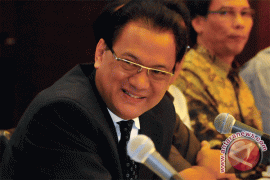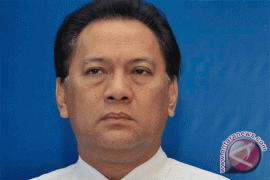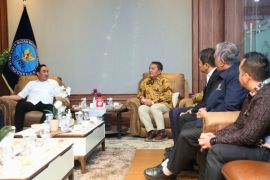"The world economy cannot afford to rely on strong growth in emerging economies alone. We need healthy growth globally, including in the developed world. One way or another, we all need to make structural adjustments to correct the global imbalances. Asia -- more than any other region -- can help achieve a strong, sustainable and balanced world economy," said the president here on Sunday.
However, he reminded that needs to anticipate and address the growing pressures that will come from food, energy and water insecurity. He said of the 7 billion people that now inhabit the planet, 60 percent among them live in Asia. As their economies grow, they would seek and compete for finite natural resources.
"A pattern that in previous centuries led to wars, conquest, exploitation and untold suffering," he said.
The president also suggested Asia to do all it can do to become the center of global innovation. Technology, he said, would be the key to solve challenges in Asia such as poverty, marginalization, inequity and degradation.
"Asia should not just try to catch up, it can leapfrog into the future. And these days, innovation and technology can come from anywhere. There is a growing force of innovators and techies, from Bangalore to Bandung, from Singapore to Shenzhen that can produce homegrown innovation with global application, he said.
Apart from the need for Asia to develop technology, President Yudhonoyo in his speech praised the existence of young people in the region that now are much more connected, more open, more creative, and more active. Through the internet, and social media networks such as Facebook and Twitter, the youths are developing a sense of trans-generational consciousness, a feeling of mutual empathy and shared hopes.
"It is therefore important for Asian countries to provide them with the skills and opportunities, so they can become the most dynamic and productive part of society. If these youths grow to be entrepreneurs, innovators and pioneers in their fields, the rewards for Asia will be incalculable," he said. (*)
Editor: Aditia Maruli Radja
Copyright © ANTARA 2011

